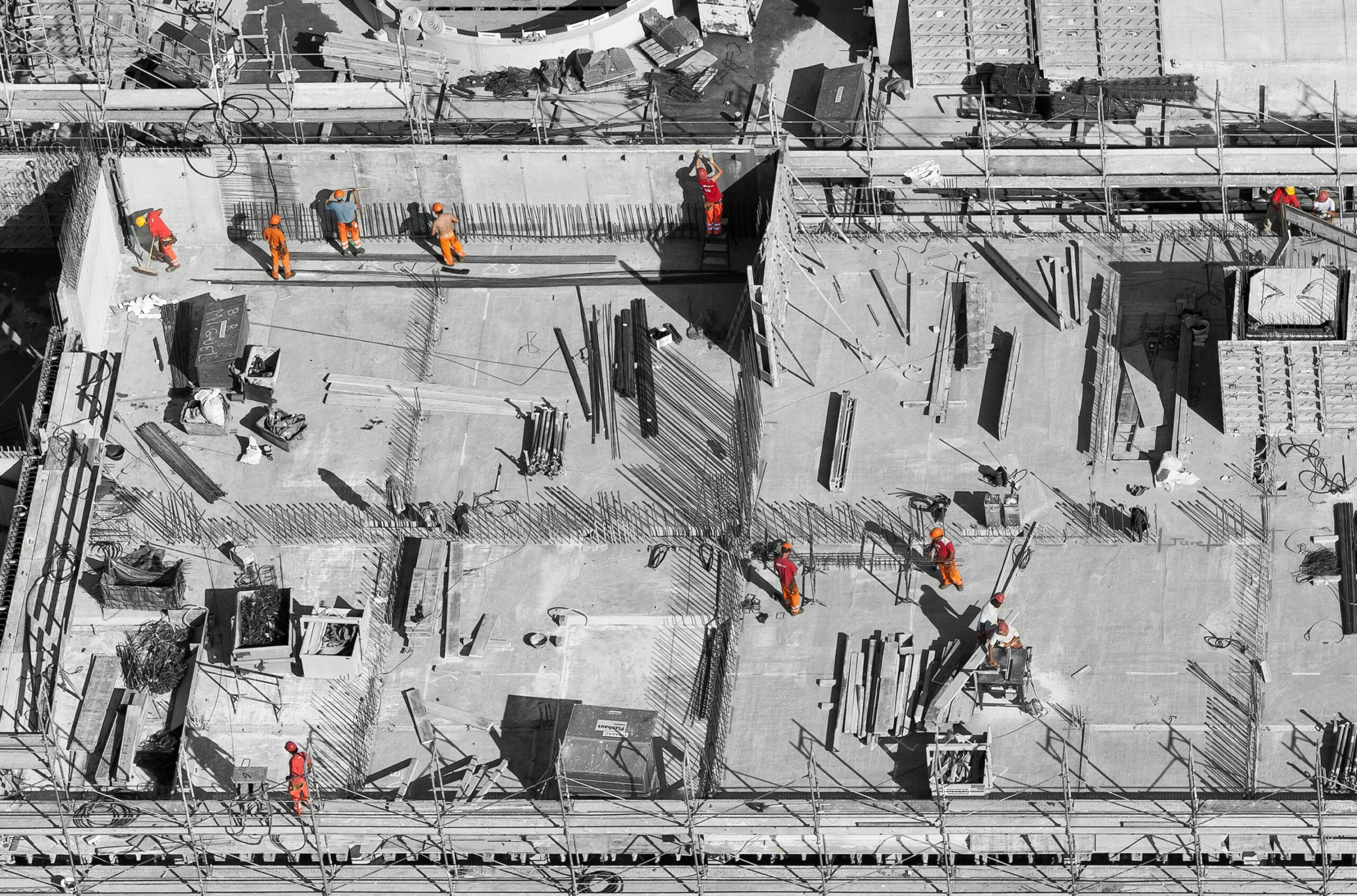By Robert Zimmerman, Austin Lane Technologies
Construction GDP in the US was $8.6 Billion at the end of 2023, every week a portion of that vast number went out in the form of payroll and expenses. At Austin Lane Technologies, we understand that the cornerstone of any successful project lies in the meticulous tracking of its field information. Worldwide 14% of construction losses can be attributed to “bad data”. Finding a balance of collecting data accurately and the time spent doing so is key for data driven results. It is not just about meeting deadlines; it’s about an efficient work environment that values productivity and employee well-being in equal measure.
The Pulse
Productivity tracking serves as the pulse of project management. It provides a clear picture of how project hours and units are allocated and helps identify areas where efficiency can be improved. But beyond the numbers, it is a tool for understanding the human element of construction – our employees. In the case of bad data, the word rework comes to mind. How much time has your company spent on doing work twice? Was there not enough time or information to do it correctly the first time? How many employees do you lose because the leadership didn’t manage the details? Did the leadership even know?
Accounting for Time
Gone are the days of manual timesheets. Today, digital solutions offer real-time insights and a level of accuracy that manual methods cannot match. At Austin Lane, we leverage cutting-edge technology to streamline this process, ensuring that every minute is accounted for without adding undue administrative burden on our teams. The information is immediately available in the digital format. Not only should the time tracking method ease the payroll burden, but it should also provide real time data to inform and engage in the job cost decisions, asset scheduling and risk mitigation.
Burnout
So how does all this lead to employee well-being? We believe that time tracking should never be just a means to an end. It is a way to ensure fair workloads and prevent burnout. In a world rocked by labor shortages, analyzing work patterns and creating schedules that not only meet project timelines but also respect our employees’ need for rest and recuperation is essential. In speaking with several industry executives, the focus must be on retention of quality employees, and you do not achieve that with inefficiencies withing the building process.
We must face the facts: the skilled labor generation is retiring. Some studies show that for every 50 skilled workers that retire only 7 are hired to replace them. Without some drastic changes in the next 3 to 5 years, companies will see a rapid decline in productivity which could be as high as an 80% drop in productivity. This issue alone should be the driver for the absolute need to track time and productivity.
Can 14 newly skilled craftspeople replace the knowledge and efficiency of 100 professionals with years of experience? The answer is obvious, but we will need the data to measure the true impact and to chart a course for correction. Measuring the time for training and upgrading skill levels will be a vital metric in resource allocation in the coming years.
Analyzing and Tracking Data
Data is only as good as the insights it provides, and you cannot measure what you do not have. The concern beyond tracking data… is it accurate? If it is, how do we use it? What metrics should the company be tracking?
Time Tracking for Critical Decisions
Here are my top 5 areas for using hourly productivity data outside of payroll.
- Project Scheduling Adjustments – productivity can predict real world finish dates for tasks. Original timelines are continually subjected to obstacles to completion.
- Missing Labor Hours/Scheduled Labor Hours – this ratio can provide real time predictive analytics for scheduling overruns.
- Units installed – Materials like employees provide a margin for profit. The actuals versus scheduled can be an early warning for potential losses or gains.
- Enhanced Bidding Information – Each project has nuances and challenges, many times there are change orders which can be profitable or devasting to the bottom line. Onsite productivity information will be the most accurate estimate of how teams will perform under the given conditions.
- Asset Management – Productivity and jobsite hourly trends can help asset scheduling of the best performers and equipment. Utilize your best performers based on data not on hearsay.
- BONUS TIP: There are ratios that can be measured in PTO available/taken over the number of hours worked total, as well as ratios in days absent or sick over total hours worked that can create historical trends used for scheduling and asset management.
Common Sense
We are proud of our track record at Austin Lane. Our clients consistently demonstrate how a balanced approach to time tracking can lead to enhanced productivity. Some see the benefits in just accurate payroll. Checks that go out on time and without error is the first step. Employee well-being begins there and thrives in an environment where they take the time off that is due and see how the relevant data is being put to effective use to benefit both the company and the employee. When the pay is on time, the schedule is feasible, and the information and materials are on hand, the job runs smoothly, and employees are “happy.” They also like knowing the company is truly engaged in keeping the professional environment considerate of personal time. In conclusion, employee production tracking is more than a managerial obligation; it is a strategic asset. By valuing both productivity and well-being, we are not just building projects; we are building a legacy of trust and efficiency.
Get Healthy
We invite you to take a closer look at your company’s construction solutions. Are they aligned with your strategic goals? Do they promote a healthy work-life balance? At Austin Lane Technologies, we are here to help you find the right balance and develop processes that build a future where time is always on your side.





